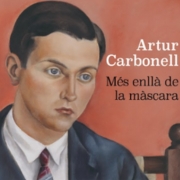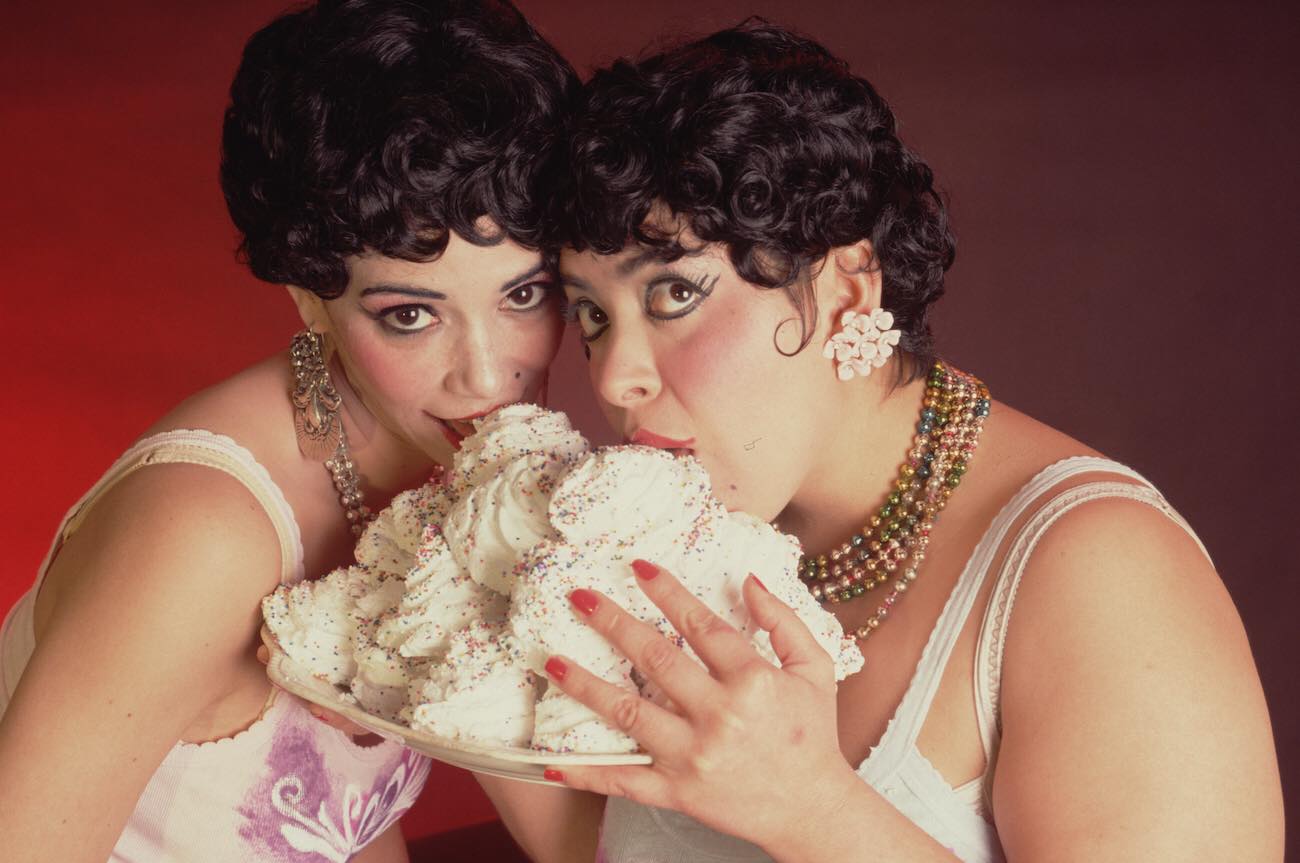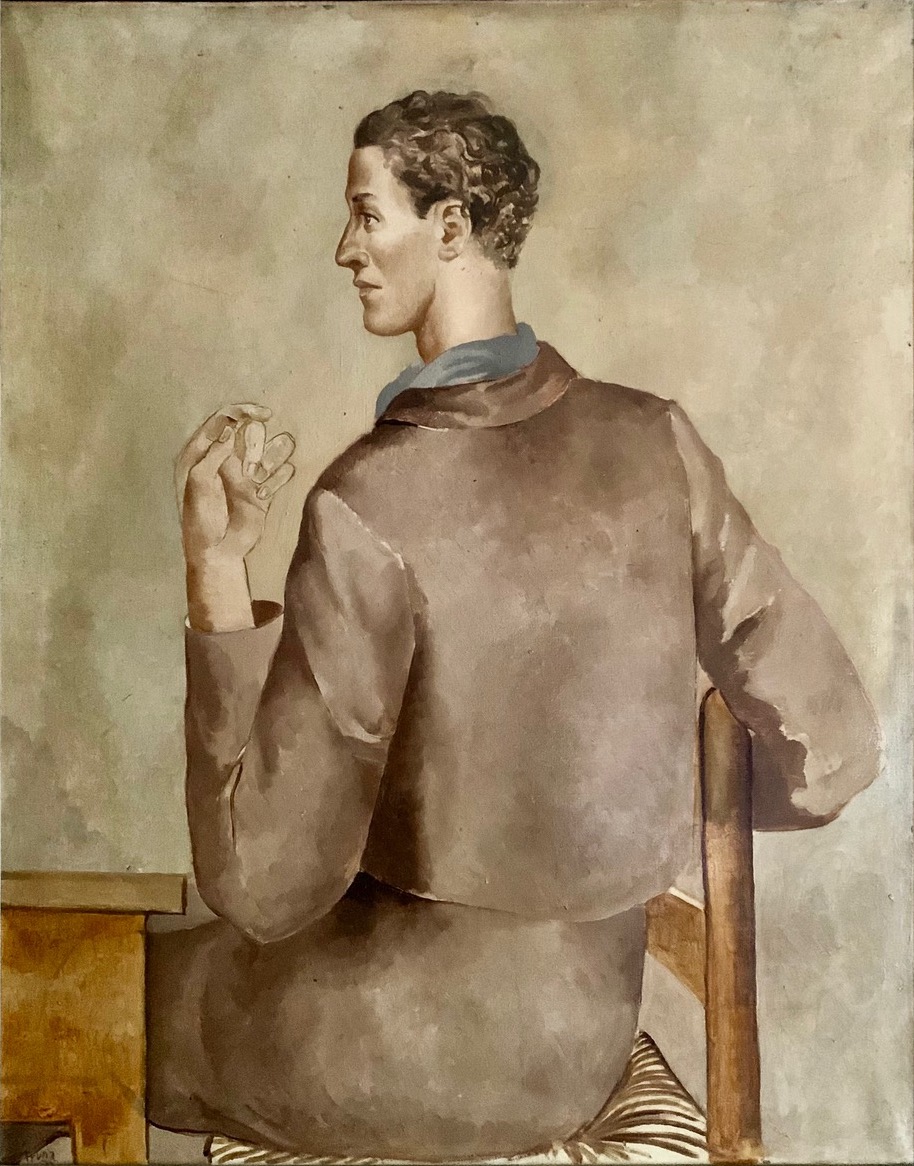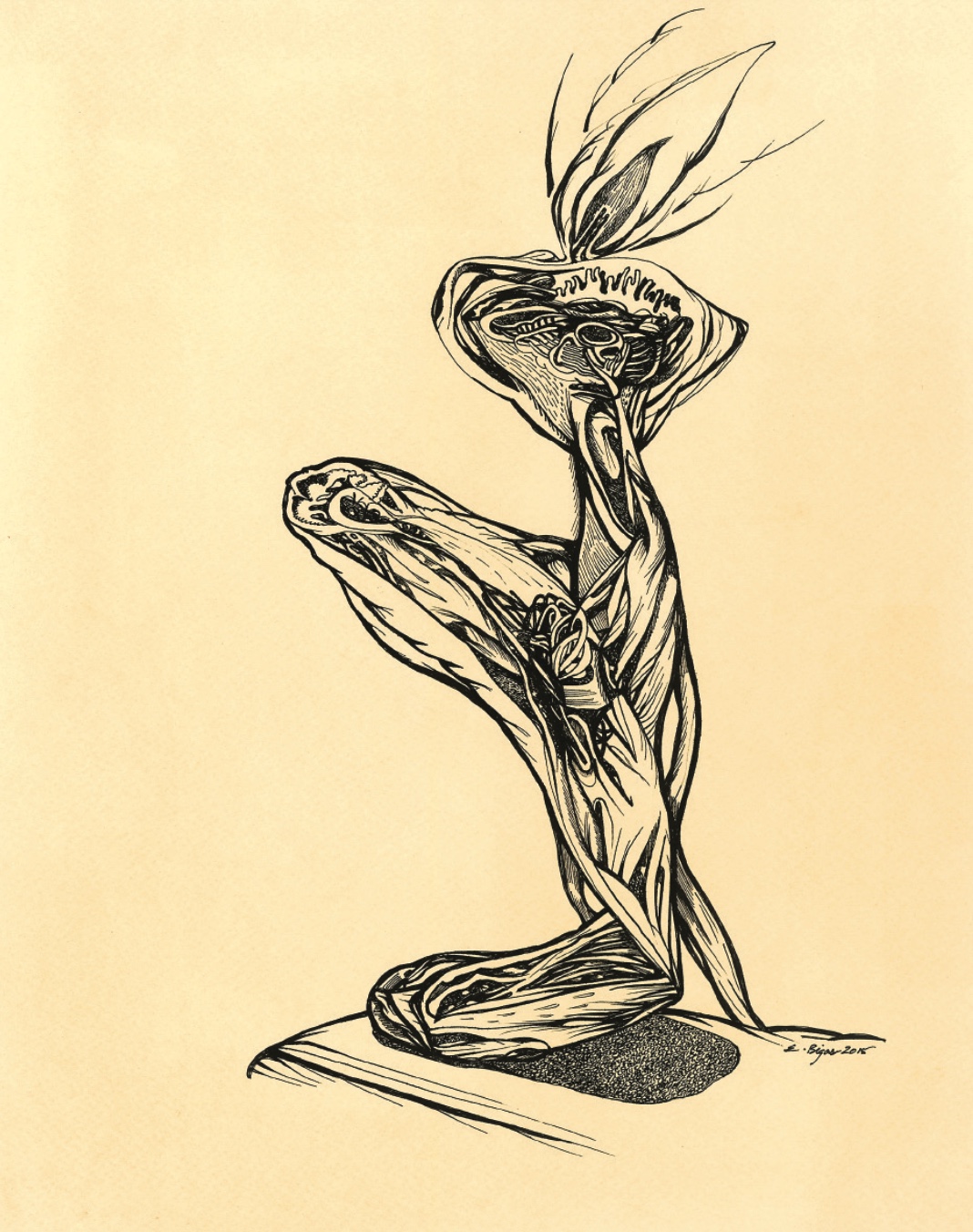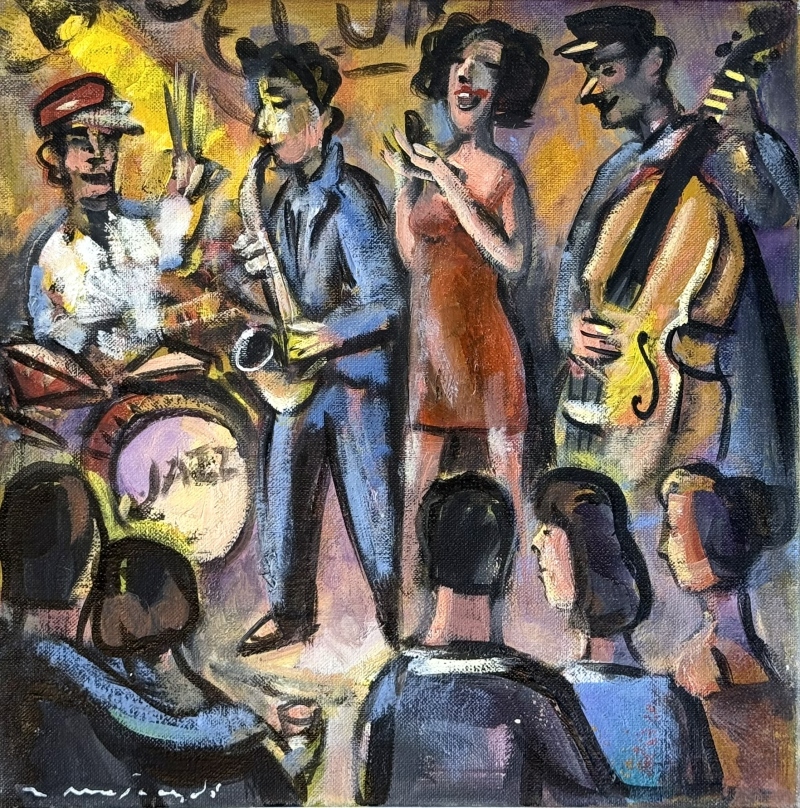News
Jaume Plensa receives the Gold Medal for Cultural Merit
Barcelona City Council recognizes his career with its most outstanding cultural distinction.
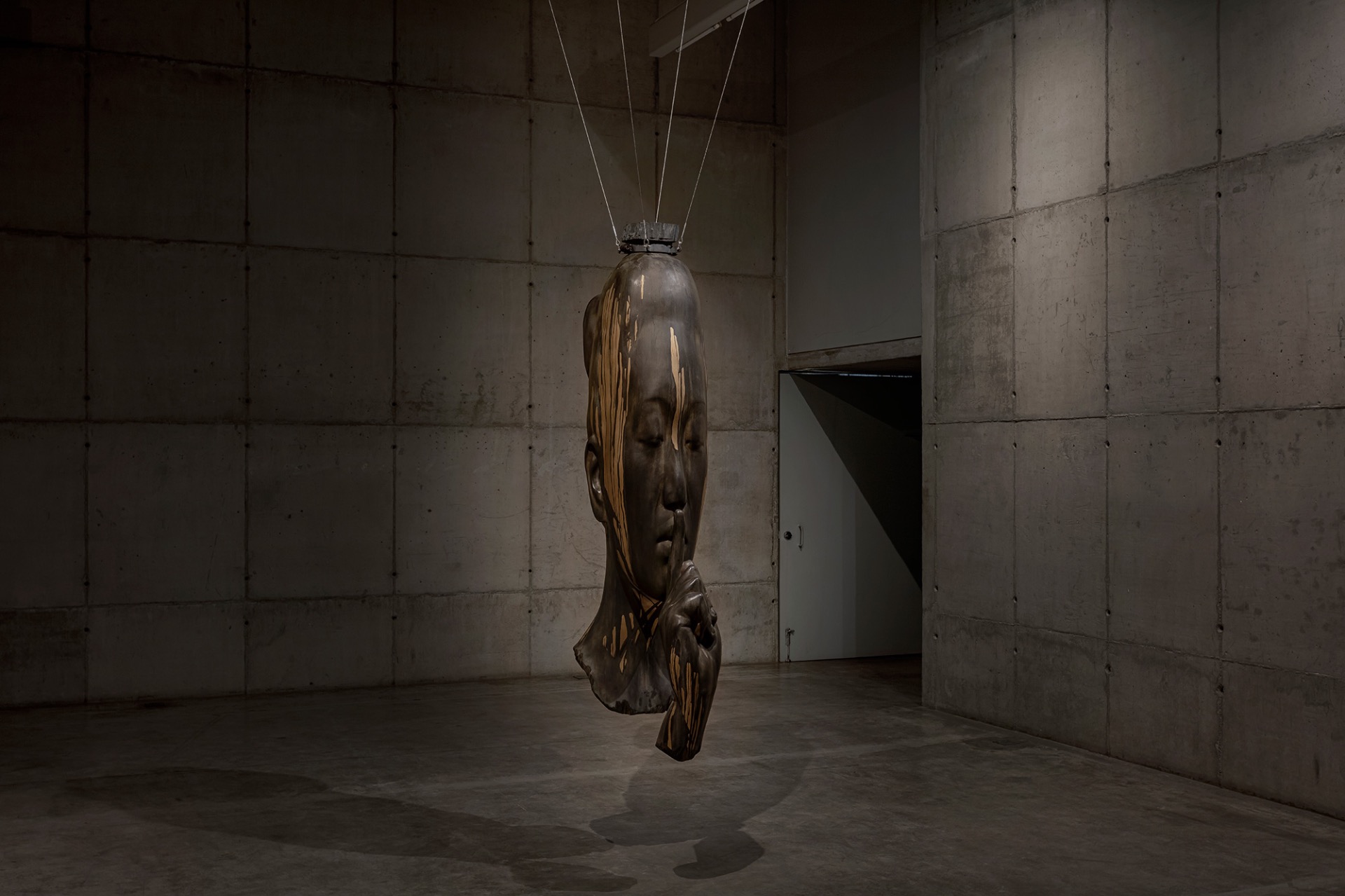
In the Saló de Cent of Barcelona City Council, a space that has seen centuries of history pass, Jaume Plensa (Barcelona, 1955), known both for his work and for the way he connects with the public, received the Gold Medal for Cultural Merit on Monday. The setting could not be more symbolic for a recognition that looks both to the past and the future, in a city that has been key in his personal and artistic career.
Jaume Plensa has been leaving his mark with monumental sculptures and installations around the world for decades. Although his language has been built mainly through the sculptural form, he has experimented with other disciplines such as drawing, sound, engraving or even scenographic creation. This versatility has contributed to making his work a constant exploration of emotions and spirituality, while maintaining a very direct connection with space and people. The recognition comes after the plenary session of the Municipal Council unanimously decided to grant him this award, a gesture that goes beyond a simple institutional tribute. This is the highest distinction granted by the City Council in the field of culture, and it recognizes a long, active career with international projection, but also an attitude towards art that has led him to make it accessible, placing it in public spaces and turning it into part of the everyday landscape of many cities.
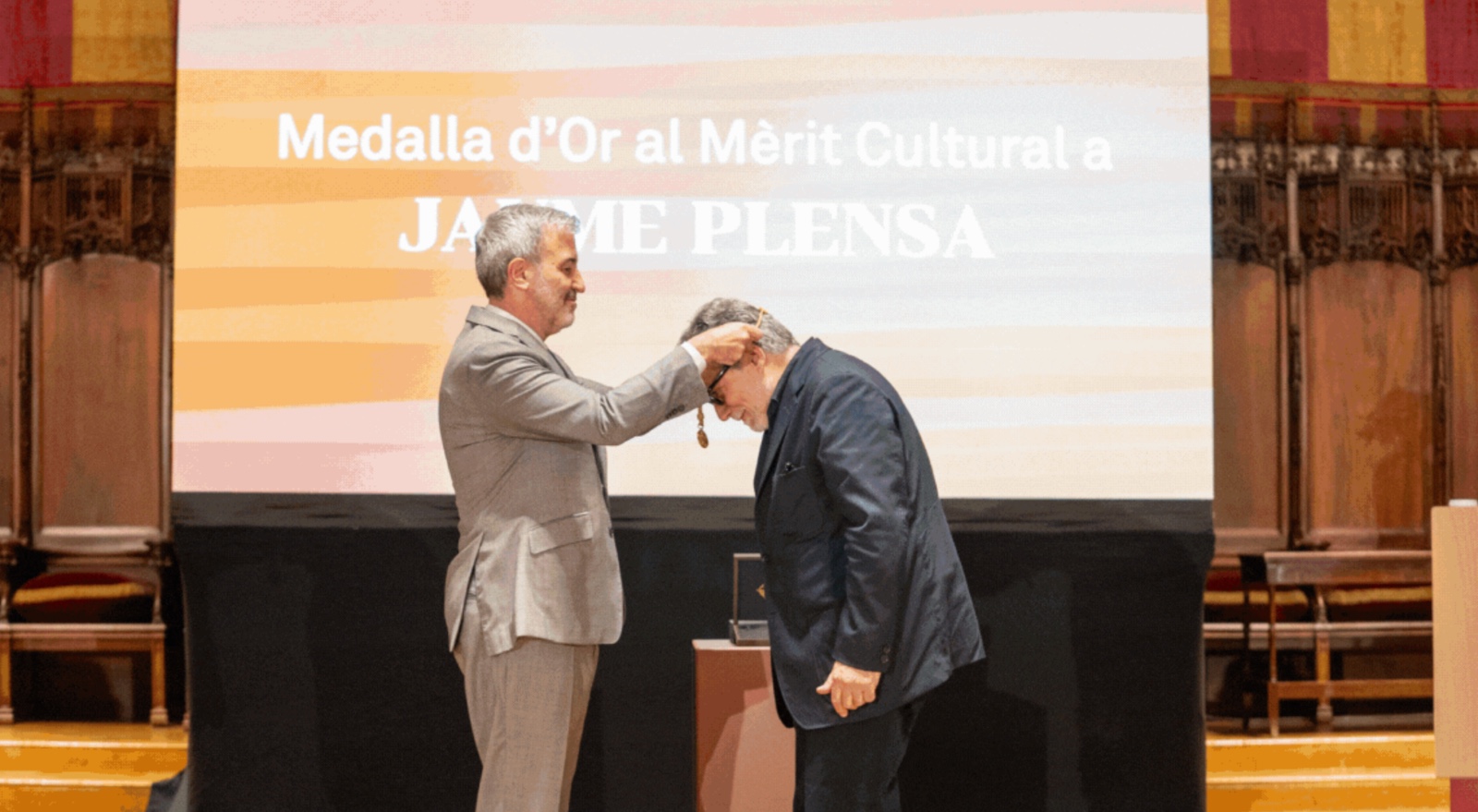 L'alcalde Jaume Collboni fent entrega de la Medalla d'Or al Mèrit Cultural a Jaume Plensa.
L'alcalde Jaume Collboni fent entrega de la Medalla d'Or al Mèrit Cultural a Jaume Plensa.
The award ceremony served to assert his way of understanding art as a tool for connection. Collboni highlighted Plensa's ability to make Barcelona present on the global cultural scene, but he also highlighted his role in bringing culture to the streets, within everyone's reach. And not only that, but he spoke of an artist who represents an open and plural city. This view of art as an element of social cohesion and collective representation was one of the guiding threads of the event.
For his part, Plensa shared personal memories, spoke about his career and took the opportunity to call on people not to forget the importance of art, especially in times of crisis. “Art is more necessary than ever,” he said with conviction. According to him, “we, the creators, must commit ourselves and risk with all our hearts in collaboration with all social agents to find the certainty that allows us to define a new perception of common spaces, which will help us crystallize society's intense desire to fill the darkness with light and the day-to-day with beauty.”




